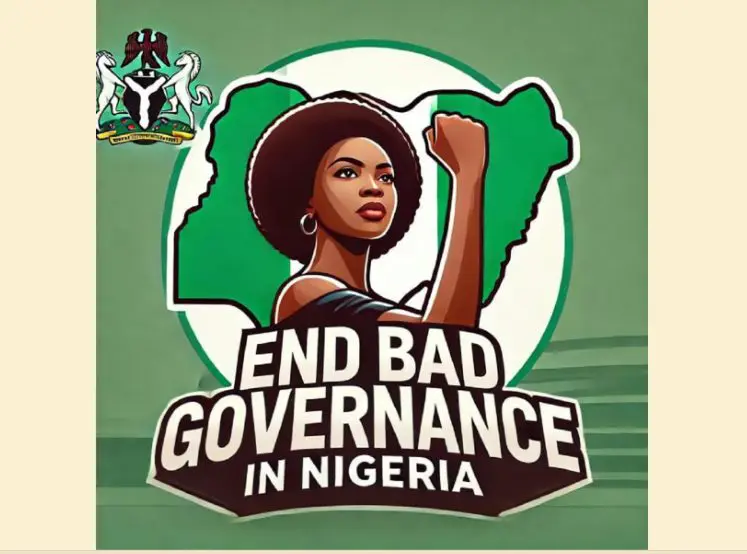CurrentReport Blog In a resolute move, the organisers of the upcoming #EndBadGovernance protest, scheduled to commence on August 1, have firmly rejected the proposal put forth by the Inspector General of Police (IGP), Kayode Egbetokun, for confined protests. This decision comes after a recent meeting where the IGP advised against street rallies, suggesting that protests be limited to designated locations to prevent potential violence.
IGP’s Proposal and Concerns
IGP Egbetokun emphasized the potential risks associated with street processions, stating, “It is not advisable to go on street processions because as you are planning peaceful protests, some are planning violence.” The suggestion aimed to mitigate the risk of clashes and ensure the safety of protesters and the general public.
Organisers Stand Firm
Despite the IGP’s concerns, Ebun-Olu Adegboruwa, a prominent lawyer for the Take It Back Movement—one of the leading groups organizing the nationwide protest—publicly rejected the proposal for confined demonstrations. The organisers argue that their right to peaceful assembly and expression must be upheld, and they believe that taking to the streets is essential to draw attention to the pressing issues facing Nigerians.
The Protest Agenda
Scheduled to take place from August 1st to 10th, the #EndBadGovernance protest aims to address the severe hardship currently afflicting the nation. Despite appeals from both federal and state governments for reconsideration, the organisers are steadfast in their decision to proceed with street demonstrations.
National Response
The planned protests have garnered widespread attention, reflecting the growing dissatisfaction among Nigerians with the state of governance and the economy. The organisers hope that their actions will prompt meaningful dialogue and lead to significant policy changes.
As August 1 approaches, all eyes will be on the streets of Nigeria. The #EndBadGovernance protest stands as a pivotal moment for civic engagement and the exercise of democratic rights. Whether confined or widespread, the voices of the Nigerian people are poised to resonate, calling for an end to bad governance and a brighter future for the nation.












